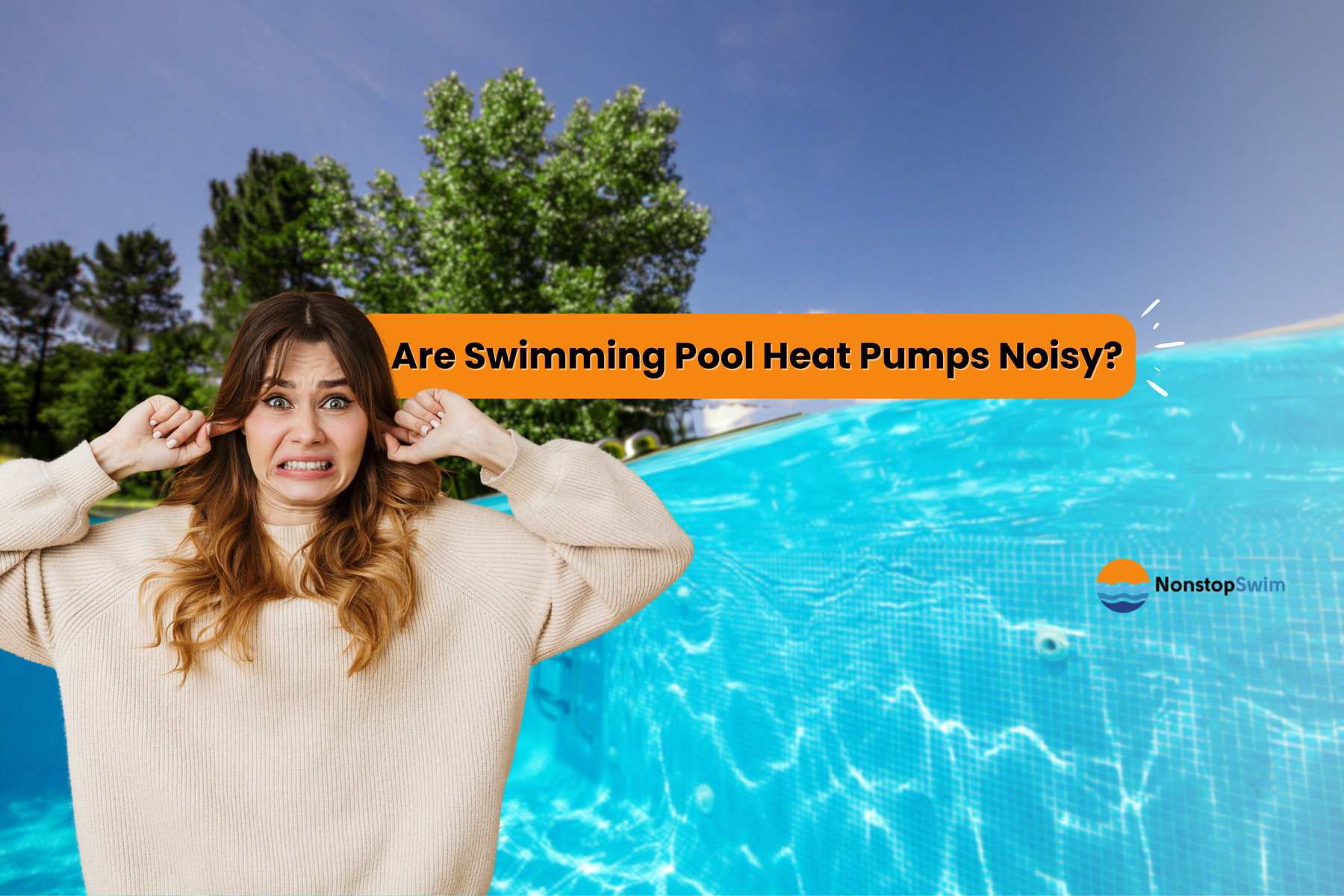
Are Swimming Pool Heat Pumps Noisy?
Understanding Swimming Pool Heat Pump Noise
Short answer: Not really - most are about as loud as a quiet conversation or your fridge humming. But some can be louder if poorly installed or maintained. Want a cozy pool without the constant hum? Stick around - we’ll cover what makes pool heat pumps noisy, and how to keep yours whisper-quiet.
Are Pool Heat Pumps Inherently Noisy?
It’s a fair question. After all, the last thing you want while floating in the pool is to hear what sounds like a jet engine.
Good news: most heat pumps are built with backyard peace in mind. Many hum softly in the background, more like white noise than an annoying buzz. But like with any appliance, the noise level can vary depending on a few key things.
Decibel Levels and Comparisons
Most pool heat pumps run between 40 and 60 decibels. That means:
-
40 dB is like a quiet library
-
50 dB is your kitchen fridge running
-
60 dB is a normal conversation
So if you're picturing something loud and obnoxious, think again. High-quality models, like those from AquaCal or GulfStream, tend to stay on the quieter side.
Factors Influencing Noise (Size, Model, Age, Components)
Not all heat pumps are built the same. Here are a few things that affect how loud or quiet they’ll be:
-
Size - Bigger units usually mean more power, which can equal more noise
-
Model - Some newer units are designed specifically to be quieter
-
Age - Older pumps tend to get louder as they wear out
-
Components - Things like fan design, casing, and compressor type can all make a difference
If quiet is a priority for you, choosing the right model matters. Look for those that advertise low decibel levels in their specs.
Common Sources of Heat Pump Noise
Compressor and Fan
These two parts are usually the main sources of sound.
The compressor works to move heat from the air into your pool water, and it hums while doing its job. The fan blows air across the coils to help the heat transfer process. If either of these parts is old, poorly made, or installed wrong, they can get noisier over time.
Heat pumps like the GulfStream HE125TA have upgraded components that help reduce this kind of noise.
Vibrations
Vibrations are sneaky. Even a relatively quiet pump can sound loud if it's vibrating against a wall, deck, or uneven base.
If you hear a rattling or drumming sound, that’s probably what’s going on. This often happens when the unit isn’t installed on a solid, level surface or when parts come loose.
Fixing that might be as simple as tightening a bolt or placing the unit on a better foundation.
Impact of Noise
Owner Comfort
You probably didn’t invest in a pool just to listen to buzzing and humming all day. A noisy pump can ruin the mood, especially during quiet mornings or evening swims.
Even a subtle sound can start to feel annoying over time. That’s why it’s worth addressing, even if it’s not super loud at first.
Neighbor Relations and Regulations
If your unit sits close to a fence or property line, your neighbors might notice the sound too.
Some neighborhoods even have local noise rules that limit how loud outdoor equipment can be, especially at night. Avoid complaints (or worse, fines) by choosing a quiet model and installing it in the right spot.
Minimizing Swimming Pool Heat Pump Noise
Strategic Placement and Installation
Location Considerations (Distance from living areas, walls)
Where you put your heat pump can make a big difference.
Try placing it:
-
Away from bedrooms and patios
-
At least a few feet from walls or fences, which can bounce sound around
-
Somewhere open with good airflow
Even just a small shift in placement can make it sound a lot quieter.
Installation Techniques (Anti-vibration mounts, stable base)
How your heat pump is installed matters as much as where.
To keep things quiet:
-
Mount it on a stable, level surface like a concrete pad
-
Use anti-vibration pads or rubber mounts to cut down on rattling
-
Make sure all screws and parts are tight
Hiring a pro for the install might cost more upfront, but it’ll save you headaches later.
Noise Reduction Solutions and Technologies
Low-Noise Models and Design Features
Some pool heat pumps are designed to be extra quiet. If that’s a big priority, look for features like:
-
Variable-speed compressors (inverter tech)
-
Sound-dampening materials in the casing
-
Well-balanced fan blades
-
Low decibel ratings in the 40s
Heat pumps from AquaCal and GulfStream offer several models with these features built in.
Acoustic Barriers and Enclosures
Already own a pump that’s a bit louder than you'd like? You can still quiet it down.
Try:
-
Acoustic fence panels to block and absorb sound
-
A sound-dampening enclosure (just make sure airflow isn’t restricted)
-
Planting hedges or shrubs as a natural sound barrier
These solutions don’t take much effort but can make a huge difference.
Maintenance and Usage Tips
Even the quietest pump will get noisy if you let it fall apart.
Here’s how to keep it running smooth and silent:
-
Clean filters regularly
-
Keep the area around the pump free of leaves and clutter
-
Schedule annual maintenance
-
Replace worn-out parts before they get noisy
A little upkeep goes a long way toward keeping things quiet.
Related reading:



Leave a comment